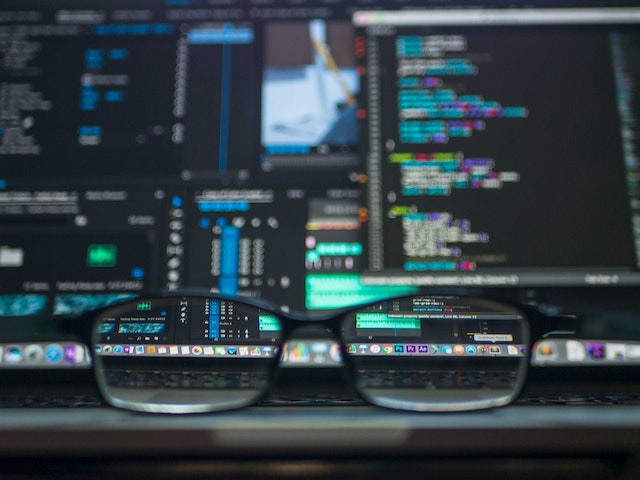
Human bias has been recorded for decades, operating almost entirely on an unconscious level. While people might tend to believe that they are not susceptible to biases and stereotypes, bias has become part of our reality whether we like it or not—so much so that it has made its way into artificial intelligence systems.
AI is still man-made; it relies heavily on data and human-created rules to make decisions. It’s important to ensure that our own biases are not inadvertently encoded into these technologies. Fairness in AI is essential to create an equitable society where everyone can benefit from its advantages.
The biggest challenge of AI algorithm bias lies in understanding how human bias works and then eliminating or controlling it from AI systems. Many researchers believe AI models should be evaluated for fairness before being deployed for public use. Still, this process requires considerable effort and resources beyond what most organizations have available.
What can tech companies, AI experts, and business leaders do to ensure fairness in AI systems? Here are a few strategies that can be employed to reduce the chances of bias in AI:
For example, if an AI system is designed to detect criminal activity, it should be trained on data from many different regions and cultures where behaviours might vary.
At VirtuousAI, we proactively think about the potential for Ai algorithm bias and use these approaches to build more equitable AI technologies that benefit all members of society. With careful consideration and responsible development, we can create AI systems that reflect our shared values of inclusion and equity.
Contact us today for a free consultation.
Comments